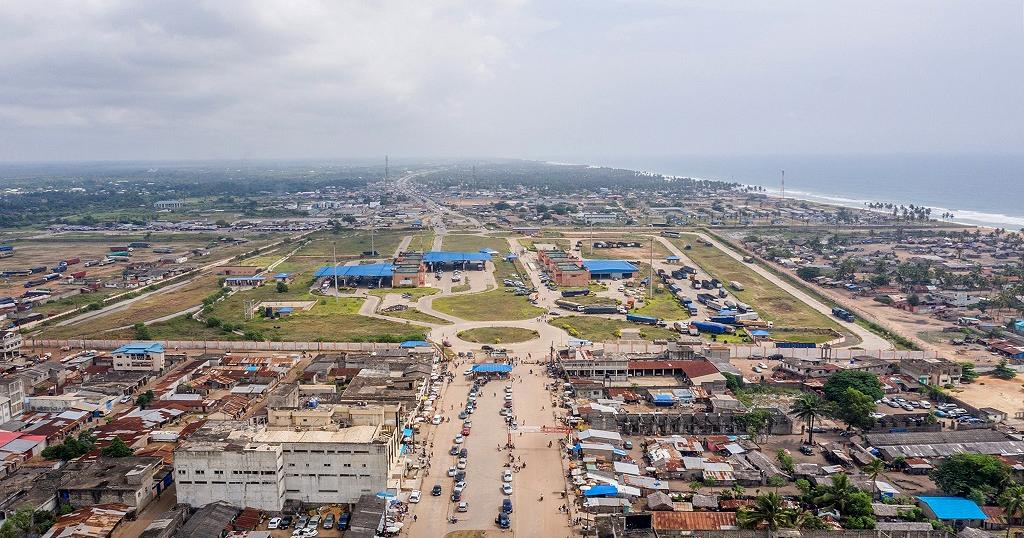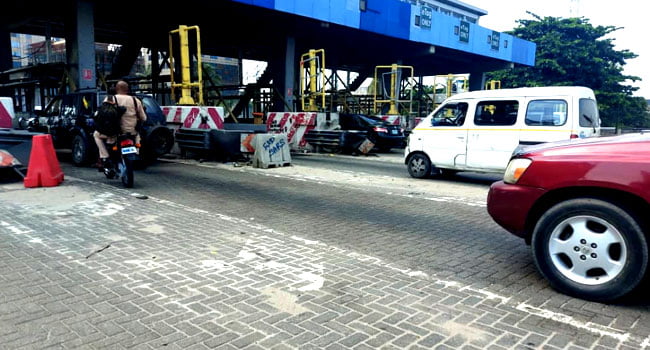The Hunger March: Universal Mandate by Wole Soyinka
I set my alarm early this morning to ensure that I did not miss President Bola Tinubu’s eagerly anticipated address to the nation on the ongoing unrest in the country.
His summary of the government’s remedial activity since its start, aimed at preventing such an outbreak, will definitely garner expert and sustained scrutiny for effectiveness as well as content study. My biggest concern, as expected, is the state’s continued degradation of protest control, an area in which the presidential address fell significantly short. Unfortunately, such short-changing of civic deserving individuals empowers security forces to operate with impunity, condemning the nation to a seemingly unbreakable cycle of hatred and reprisals.
The use of live bullets by the state in reaction to civic protests becomes the central topic. Even tear gas remains problematic in most scenarios, and it is surely a misuse in clearly peaceful protests. Hunger marches are a universal call to action that are not unique to Nigeria. They do belong in a class of their own, regardless of the ancillary claims splashed on posters. They act as a warning to government that a tipping point has been reached, providing a testing ground for governance knowledge of popular desperation. The catastrophic response to the ongoing hunger marches in areas of the country, for which notice was served, represents a step backwards that puts the nation even further back than the deadly finale of the watershed ENDSARS protests. It recalls pre-independence.
– that is, colonial – acts of contempt, a line that inspired the late stage pioneer Hubert Ogunde’s folk opera BREAD AND BULLETS, earning the nationalist serial persecution and proscription by the colonial authorities.
The nation’s security agencies cannot claim ignorance of alternative models for emulation and humane improvements in security intervention. Should we recollect the nationwide 2022/23 editions of what is commonly referred to as the YELLOW VEST Movement in France? Perhaps it’s time to make similar events required viewing in the policing curriculum. In all of the coverage I watched, I didn’t see a single gun pointed at demonstrators, let alone discharged at them, even during direct physical encounters.
The serving of bullets where bread is pleaded is worrisome retrogression, and we know what it leads to: far more desperate upheavals, including revolutions.
The moment has undoubtedly come to put an end to the outdated use of lethal force by government security agents. No nation is so underdeveloped, materially impoverished, or simply insecure that it lacks the desire to set an example. All it needs is a recall of its own past, followed by the determination to begin a long-term transformation, breaking the cycle of fatal responses against civic society.
Today’s marchers may want to consider adopting the essential songs from Hubert Ogunde’s BREAD AND BULLETS, if only to instill a sense of humiliation in our continued failure to overcome the allure of colonial inheritance, where we were all on the receiving end. This vicious loop must be broken, either directly or indirectly.
Wole SOYINKA, A.R.I. Abeokuta.
Source Channelstv



